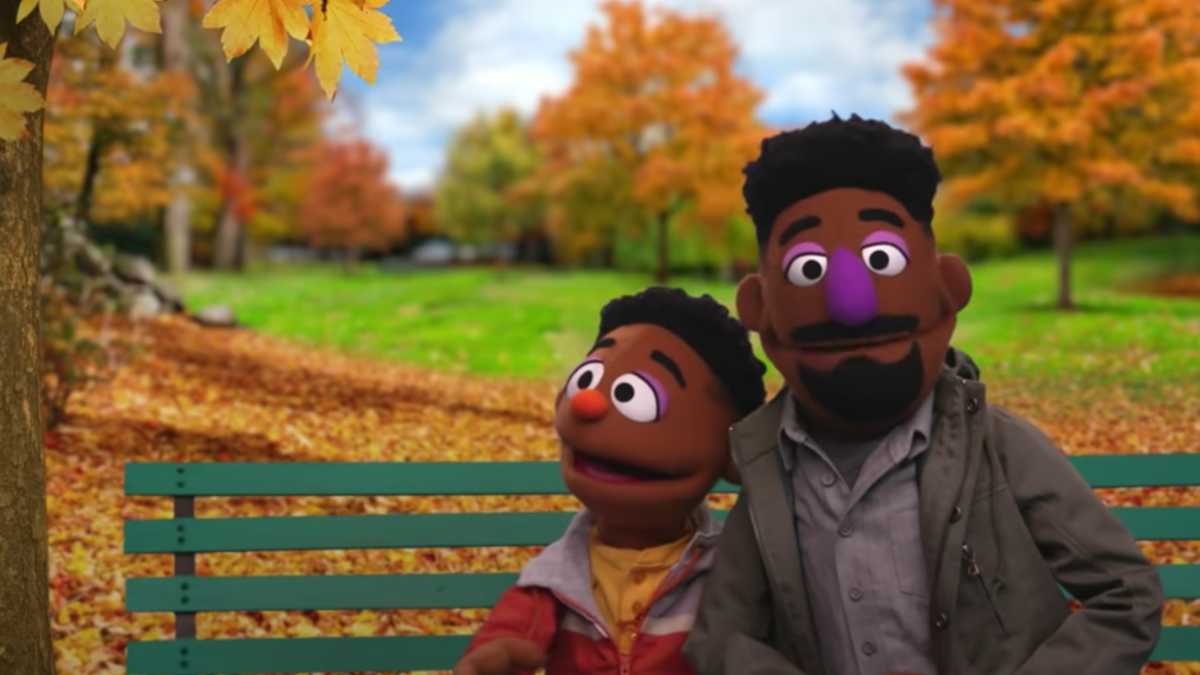Anyone remember the Sesame Street episode where Big Bird tackles the opioid crisis?
Me neither. However, that isn’t to say that Sesame Street isn’t doing its part to help parents and children alike to cope with this, among other pressing issues that plague our society.
Jeanette Betancourt, Ed. D. is Senior Vice President for U.S. Social Impact at Sesame Workshop, a division of the Sesame Street organization striving to positively impact children’s early learning, health, and well-being. Betancourt is deeply involved in the Sesame Street in Communities initiative (ssic.org), which she came to discuss with the Sanford School of Public Policy on January 18th.
Sesame Street in Communities aims to bring public awareness to prominent societal issues in what Betancourt labels a “non-stigmatizing way.” Their efforts are specifically targeted to impact children coping with traumatic experiences and their families – resources on the Sesame Street in Communities website span from Elmo’s Special-Special Comfort video for children who have fallen victim to violence, to Abby’s Expressing Feelings video for children divided between divorced parents.
Not all the videos are as heavy as one might think: some of the content promotes behavioral routines, such as tooth-brushing or schedule-making, designed to build children a more stable foundation that they can use to tackle trauma, should it arise.

Betancourt says that their strategy hinges heavily upon leveling, or presenting the same messaging in a variety of mediums (videos, storybooks, live-action films), for more complete comprehension. This is reflected heavily on their website: their Autism series alone includes multiple workshops, printables, articles, videos, interactives, and storybooks. The content and learning strategies promoted by Sesame Street in Communities are all founded upon clinical research, developmental psychology, and other forms of testing to ensure that they have a measurable impact on young children and their families.

One of the most recent initiatives described by Betancourt is the Coming Together: Racial Justice project. In this series of content (found on ssic.org), the viewer is introduced to the Wes and Elijah Walker, two humanoid Muppets that, according to Betancourt, are intended to represent the Black experience.
In the video, five-year old Wes and his father Elijah are sitting in the park when they are approached by Elmo, who wants to know about the pigmentation of their skin. Elijah explains to Elmo that all humans have different amounts of melanin in their skin, hence why some individuals have lighter or darker skin. Elijah also tells Elmo that, even though their skin may look different, “we’re all part of the human race.”
To make this concept easier for children to understand, Elijah connects this to the color of the changing leaves in the park, telling Elmo that leaves of different colors all came from the same tree.
If you know a child or a family that could benefit from such materials, more information can be found on ssic.org.

Post by Rebecca Williamson, Class of 2022
